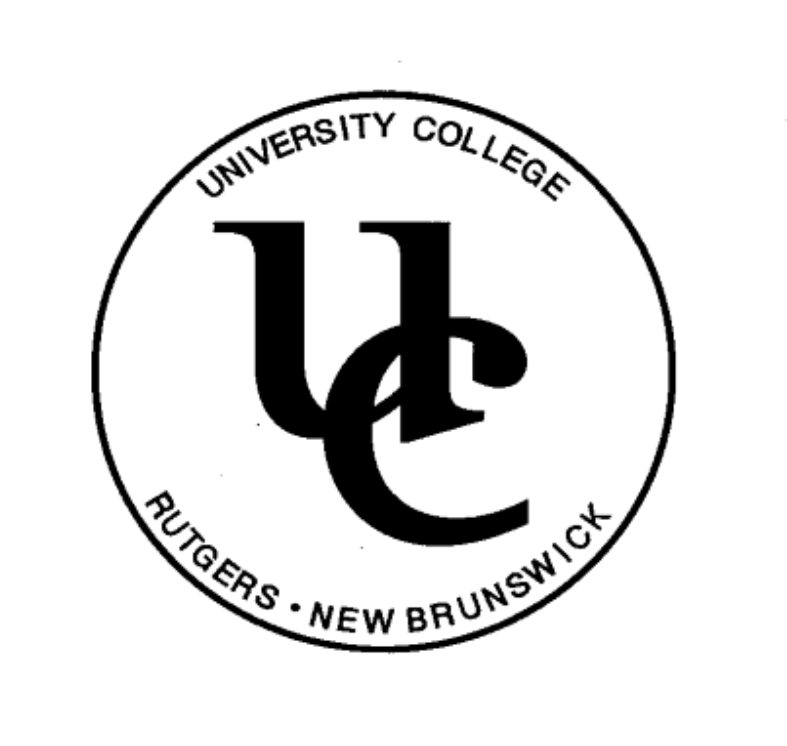

Making a decision to return to academics is an important step for adult, nontraditional students (NTS). Whether you're interested in registering for one course or considering enrolling in a degree program, we're here to help you take the next step. In order to attend Rutgers, future undergraduate students must complete an application. Before completing an application, you are encouraged to review the below. It will save you time, money and, in some cases, disappointment.
Before you decide to come to Rutgers, we want to help you make sure that the university:
Step 1: The preadmission process gathers basic information about you and your intentions for degree completion at Rutgers. Prior to completing the "Return to Learn" form you will be need to possess or acquire all college transcripts and credentials you wish to be evaluated for college credits. These documents will need to be uploaded at the end of the Return to Learn form.
Future students with prior international credits and/or degrees applying to Rutgers must have their educational credentials evaluated for equivalency to a U.S. Bachelor degree or credits, individual course evaluations and GPA, using a NACES accredited credentialing agency.
A Rutgers diploma is a valuable and internationally recognized credential. We are extremely proud of the many alumni who are leaders in the arts, sciences, engineering, and humanities. Rutgers' living alumni are an impressive worldwide community. As an alumnus, you will also be eligible to utilize our Office of Career Exploration and Success - even after you graduate!
Step 2: Complete a Free Application for Federal Student Aid (FAFSA). Don't think you will qualify for aid? UC strongly encourages all future students to complete the FAFSA as life circumstances may change, such as job loss. Having a FAFSA on file will allow you to appeal a previous aid decision. Students interested in applying for Rutgers scholarships are required to have a FAFSA on file.
Are you employed? Research your employers policies on tuition remission opportunities. If they don't have a policy, discuss with your Human Resources department.
Academic Program Assessment
Step 3: Do you need a program that can be completed fully online, hybrid, off-campus, evenings or weekends?
Schedule of Classes ("Click [+] Show Previous Terms" to view prior years.)
Step 4: Adults returning to college rarely have regrets. To help you prepare, think about how going back to school will impact your current life? Review the reality scorecard to begin. Also consider whether you will need reliable transportation and child or elderly care. Have you considered the additional cost of books and parking? Do you have a laptop, dependable internet service and the right software? Rutgers provides free software and has a Kite+Key Tech Store.
Step 5: You may have been away from academics for some time, but don't let that discourage you. Your first course will help you transition back into the classroom. You will also have various student support services offered by Learning Resources to assist you in developing your writing, attend study groups led by professor selected students and adopt effective studying, organizational and time management skills.
Step 6: Official documents will be required by admissions. Review the admissions site for required credentials, fees and preview of the application before beginning.
Step 7: Congratulations on your admissions to Rutgers! From this point forward there are policies you should be familiar with regarding integrity, conduct and expectations. Student Responsibility to Keep Informed states, "Students are responsible for keeping themselves informed of policies and procedures announced in catalogs, publications and in other official notices that are announced or posted electronically via email and on the college's web site.”
Advising School Services
Step 8: Become familiar with your future school advisors.
Advising Major/Minor Services
Step 9: Become familiar with your future academic major/minor department advising and administrative staff.
Transfer and Non-Traditional Student Orientation Programs are traditionally one day long. For more information on orientation dates and how to register, visit New Brunswick New Student Orientation's page.

Endorsed Majors.
Rutgers offer programs of study that take into consideration the specific needs of adult and non-traditional students.
The School of Management and Labor Relations now offers a B.S. in Labor and Employment Relations with a flexible combination of online, daytime, weekend, evening, and/or off-campus courses. This degree is designed for students with at least one year of college.
The Edward J. Bloustein School of Planning and Public Policy, which serves as one of the nation's key centers for the theory and practice of planning and public policy scholarship and analysis, now offers several B.S. degrees to transfer students. For more information on these programs, go to https://ucnb.rutgers.edu/academic-programs-services/academic-services/ejb
The School of Arts and Science provides an education of uncommon breadth and depth. SAS offers the following majors that are adult/nontraditional student friendly:.